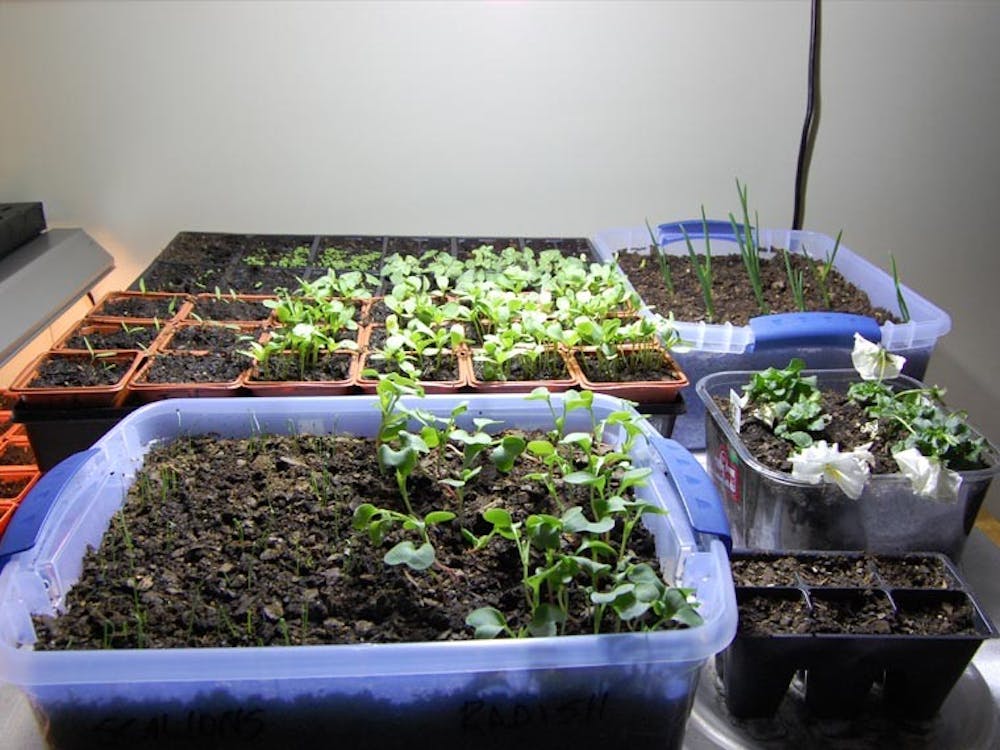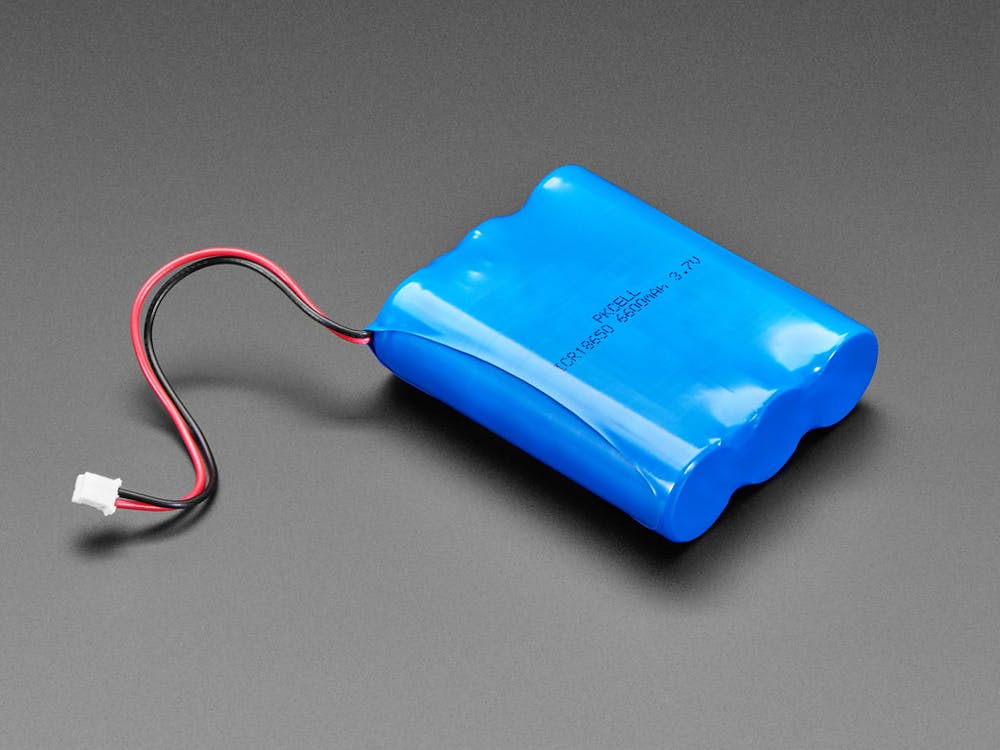While it is a commonly known fact that maintaining a diet rich in vegetables is in our best interest, what is less well known are the energy and environmental costs of growing and transporting vegetables from the farm to our local supermarkets.
A report from the School of Public Health stated that 11 percent of the greenhouse gas emissions from the U.S. food supply chain is caused by transportation. To combat these issues, two innovative German companies have designed miniature farms that are so containable that they can be placed at the end of a supermarket aisle.
The first company is a German retail chain called Metro Group. According to Fabio Ziemssen, the head of food innovation at Metro, the company aims to provide products which are healthier, fresher and better for the environment. The company grows its greens and herbs inside boxes that are stacked on shelves in supermarkets. The project will start with speciality herbs and vegetables like mizuna and wasabi mustard greens. However, it plans to expand to a wider variety of produce in the future.
“Metro Group is following a new approach to shape the future of retail,” Ziemssen said, according to Newsweek. “We have implemented the first in store farming installation in Europe.”
The idea of vertical farming was first introduced in 2001 by a professor of public health at Columbia University. Dickson Despommier came up with the idea of stacking plants in high tech greenhouses with multiple stories.
“For us, it is part of our strategic direction,” Olaf Koch, chairman of the executive board at Metro, said, according to Newsweek. “We feel that if we aim to be champions for independent business, then we need to do that on a sustainable basis. There’s more and more recognition that the way produce is being offered and plants are grown is sometimes difficult due to lots of water consumption, lots of chemicals on them and the products travelling.”
A company by the name of Infarm also has been releasing their tiny gardens, each known as a Kräutergarten, or “herb garden.” Along with Metro Group, the partnership hopes to bring these vertical gardens to an increasing number of supermarkets.
“In our case, the technology we developed is kind of a building-block approach, and this building block reaches efficiencies that are much higher,” Guy Galonska, one of Infarm’s co-founders, said according to Science Alert. “It works at a very small scale, just a few square meters. So it makes a lot of sense in your neighborhood supermarket scale.”
Similar to other vertical garden initiatives, Infarm’s units utilize year-round production, minimal water usage and pesticide-free methods to produce a cheap, affordable means of growing vegetables.
While these farms are currently only designed for chefs and wholesale customers, Infarm hopes to mass-manufacture the units for mainstream consumers.
What’s unique, according to a lot of chefs, is that it gives them an entirely new perspective on the vegetables they once thought were mundane. Many have said how fascinating it is to see the plants at such a young age.
“It really engages people you’re used to having kind of a boring experience in the grocery store. You come and get your things. Here you see a farm — it’s a piece of farm in the supermarket,” Galonska said.
“While the miniature farms currently focus on growing herbs and specialized vegetables for chefs, the company notes that they could just as easily grow more common day vegetables like eggplants, tomatoes and peppers.

















